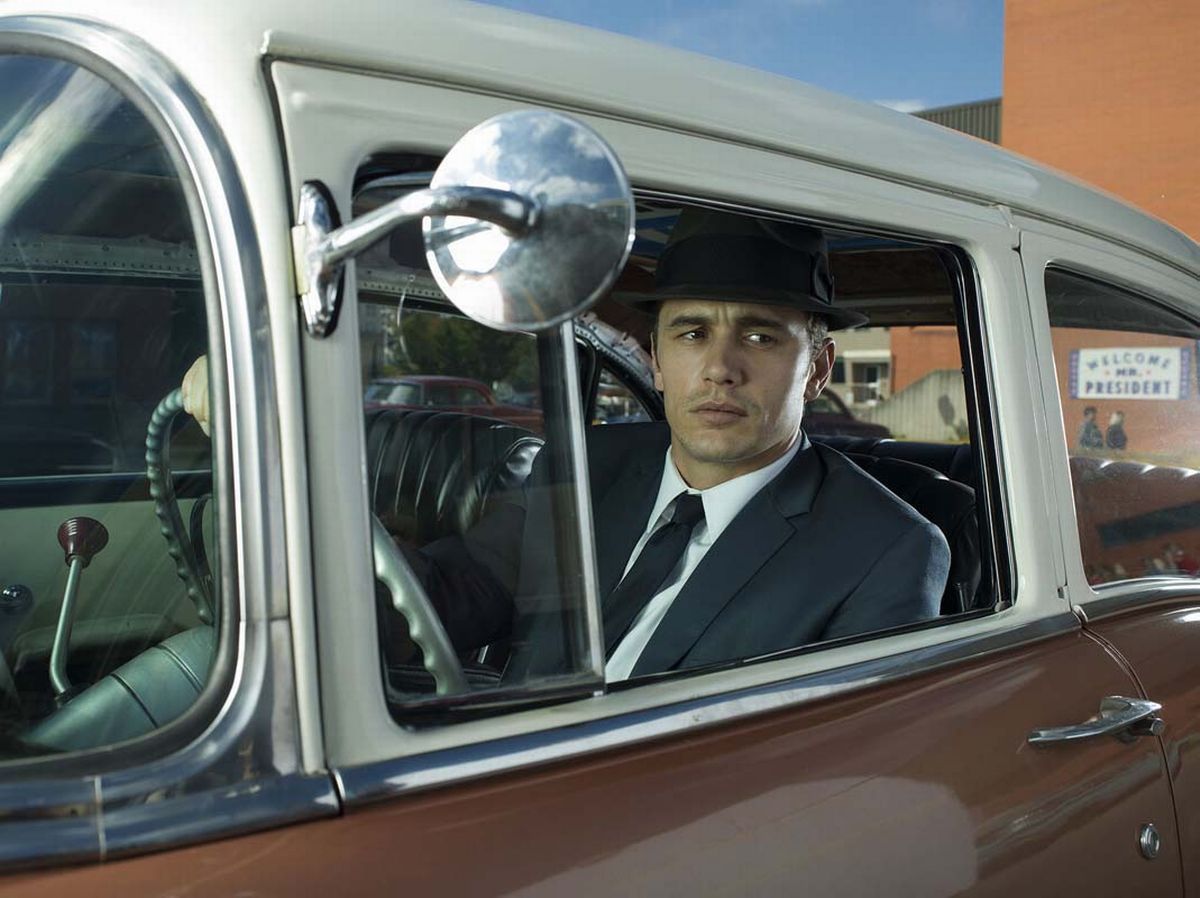The 2016 period drama was hailed as the ‘best series in a long time’.
Netflix viewers can’t believe they didn’t know about a 2016 thriller hailed as ‘the best Stephen King adaptation’.
The celebrated horror author published his time travel drama, 11.22.63, back in 2011 and it was adapted into a limited series in 2016.
It follows English teacher Jake Epping, who is given the opportunity to travel back to the 1960s in order to prevent the assassination of former US president John F. Kennedy.
American Reddit users have just stumbled upon the eight-episode show a decade after its premiere, and they thoroughly recommend it. Posting on the platform, one fan raved: “11.22.63 IS SOOO Good!!! Highly recommended.”
They continued: “How did I not know about this until now, 10 years later after it came out? Hulu did not do a good job at promoting it, Netflix put this at the top.”
While it originally aired on Hulu, the historical drama recently landed on Netflix in the US. However, UK audiences can currently purchase the boxset on Prime Video for £5.99.
Oscar nominee James Franco leads the cast as small-town teacher Jake. He sets out to gather as much information as possible in the days leading up to the November 22 assassination, all while building a new life in the 1963 to avoid suspicion.
But his mission to change history quickly turns dangerous.
Get Prime Video free for 30 days

TV lovers can get 30 days’ free access to tantalising TV like The Boys, Reacher and Clarkson’s Farm by signing up to Amazon Prime. Just remember to cancel at the end and you won’t be charged.
The period drama won over critics and casual viewers upon its debut, bagging an impressive 83% score on Rotten Tomatoes.
One fan praised the drama, penning: “11.22.63 is a smart, emotional time travel story that hits far more highs than lows. It blends romance, suspense, and historical drama into a bingeable ride that keeps you hooked through atmosphere and character rather than flashy twists.”
While someone else said: “I just watched the series for the second time, having read the book first. I have to say, this was the best adaptation of a Stephen King novel I have seen, and the best of any films from a book I have ever seen where I read the book in advance.”
For the latest showbiz, TV, movie and streaming news, go to the new **Everything Gossip** website.
And a third viewer raved: “I’ve just finished watching 11.22.63 and it’s by far one the best series I’ve watched in a long time. The plot was amazing. I’ve watched a lot of James Franco films and to see him act in a different way compared to his usual comedy type of acting is so bizarre. But yet, he was incredible. I wish this series never ended.”
11.22.63 is available to purchase now on Prime Video
